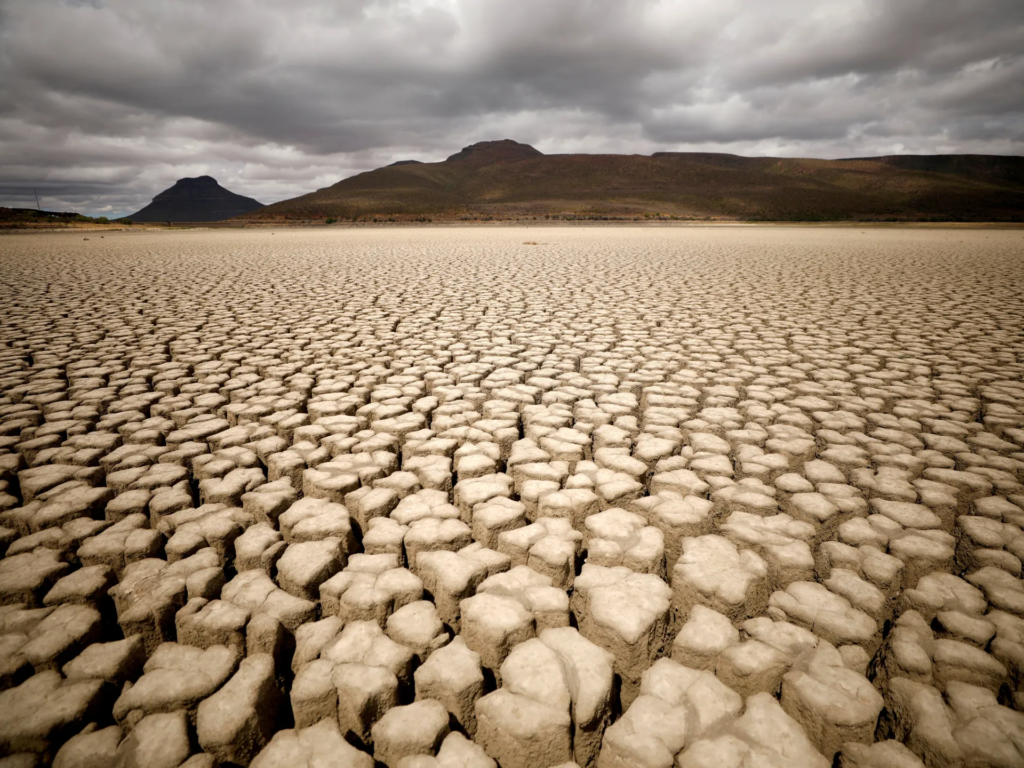The United Nations (UN) has issued a dire warning, indicating that countries’ collective greenhouse gas-cutting commitments may lead to catastrophic global warming, potentially reaching 2.9 degrees Celsius by the end of this century.
The annual Emissions Gap report from the UN Environment Programme (UNEP) arrives ahead of the crucial COP28 climate talks in Dubai, highlighting a concerning acceleration in broken climate records.
Hottest Year in Human History and Disturbing Climate Records:

As this year is anticipated to be the hottest in recorded human history, the UNEP points out a disturbing acceleration in the frequency, speed, and scale of climate records being shattered.
The report underscores that the world is witnessing an alarming trend in climate change impacts.

Despite countries’ plans to reduce carbon emissions, the UNEP warns that the planet is on a trajectory for disastrous heating between 2.5°C and 2.9°C by 2100. Even with existing policies and emissions-cutting efforts, global warming could reach 3°C.
UN Secretary-General Antonio Guterres urgently calls for dramatic climate action during the upcoming COP28 talks, emphasizing the critical need for a decisive shift away from polluting coal, oil, and gas.
Paris Agreement Targets and Escalating Climate Impacts:
The 2015 Paris Agreement set the goal of capping global warming at “well below” 2°C above preindustrial levels, with a safer limit of 1.5°C if possible.
However, the UNEP reports that the Earth has surpassed 1.5°C for over 80 days this year. The Emissions Gap report emphasizes the increasing urgency to bridge the gap between countries’ decarbonization plans and the necessary measures outlined in the Paris Agreement.
UNEP’s Call for G20 Leadership:
UNEP chief Inger Andersen stresses the crucial role of G20 nations, responsible for 80 percent of emissions, in leading emissions reductions.
Based on current policies, the report calls for a 28 percent reduction in global emissions by 2030 to stay below two °C and a 42 percent reduction for the more ambitious 1.5°C limit.
The importance of fully implementing Nationally Determined Contributions (NDCs), both unconditional and conditional, is underscored as a key step toward mitigating climate change impacts.
Optimism Amidst Challenges: COP28 and Setting Ambitious NDCs:
Despite geopolitical challenges such as Russia’s invasion of Ukraine and conflicts between Israel and Hamas, UNEP’s Inger Andersen expresses optimism about making progress at the COP28 talks.
The report emphasizes the need for an “explosion of ambition” as countries update their NDCs by 2025, acknowledging that the current trajectory, even in the most optimistic scenario, poses a limited chance of limiting temperature to the desired 1.5°C.














